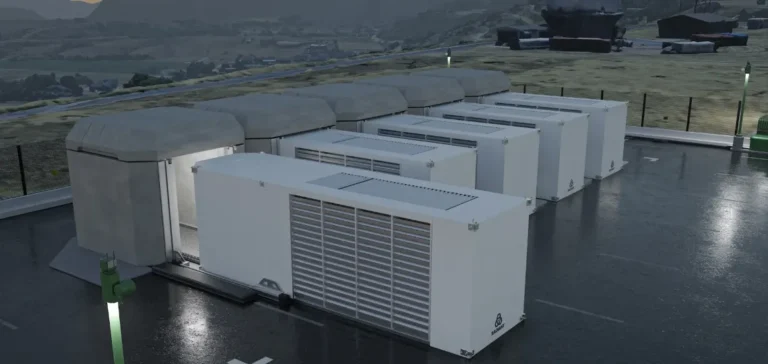US-based company Radiant has announced the signing of an agreement with the Defense Innovation Unit (DIU) and the Department of the Air Force under the Advanced Nuclear Power for Installations (ANPI) programme. This contract, described as the first of its kind, provides for the delivery of an industrially manufactured portable nuclear microreactor to a US military base.
A three-year deployment schedule
Radiant plans to deliver its Kaleidos reactor within three years, with transportation by truck and commissioning expected in less than forty-eight hours. According to the company, this unit will provide resilient and secure electricity for several years without requiring refuelling. This technology aims to strengthen the energy autonomy of military facilities, particularly in isolated environments or those exposed to external threats.
A key milestone for national testing
A few weeks before this agreement, the US Department of Energy had selected the Kaleidos reactor for trials next year at the Idaho National Laboratory’s Demonstration of Microreactor Experiments (DOME) facility. This will be the first time in nearly fifty years that a new US reactor design will be evaluated at this site.
Inter-agency cooperation
The Defense Innovation Unit, an organisation tasked with accelerating the integration of dual-use technologies into the armed forces, leads the ANPI programme in partnership with service components. This initiative organises a competition between microreactor designers, with criteria focused on safety, scalability, and adaptation to the operational needs of the forces.
Radiant stated its intention to continue working with the DIU, the leadership of the Department of Defense, Congress, and the US presidency to ensure the delivery of the system to the US Air Force within the planned timeframe.






















